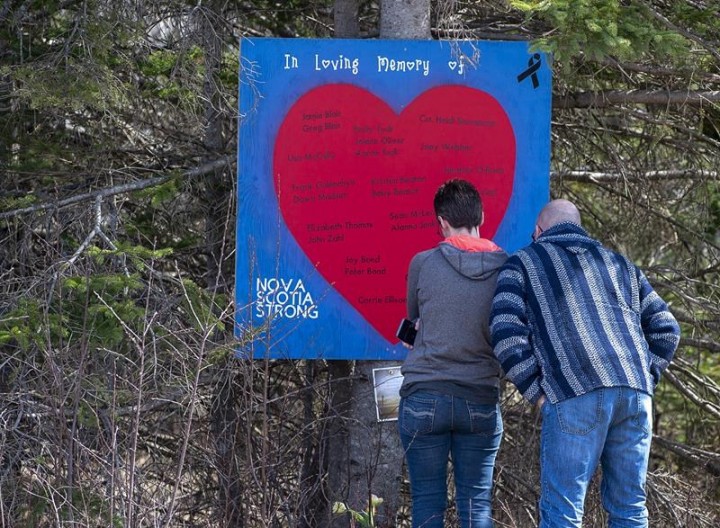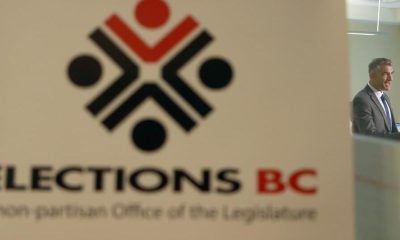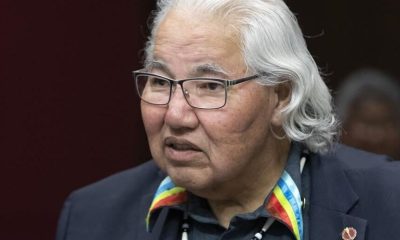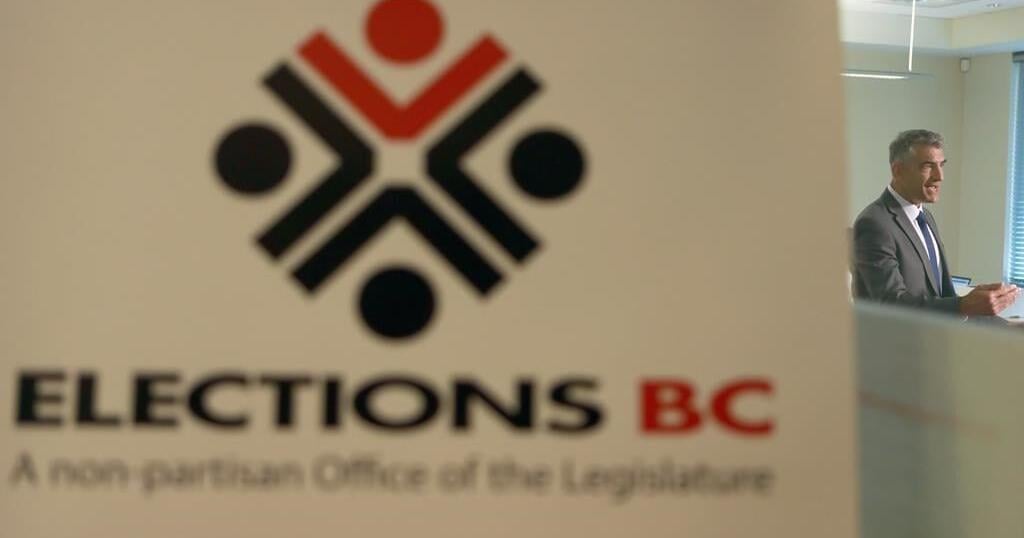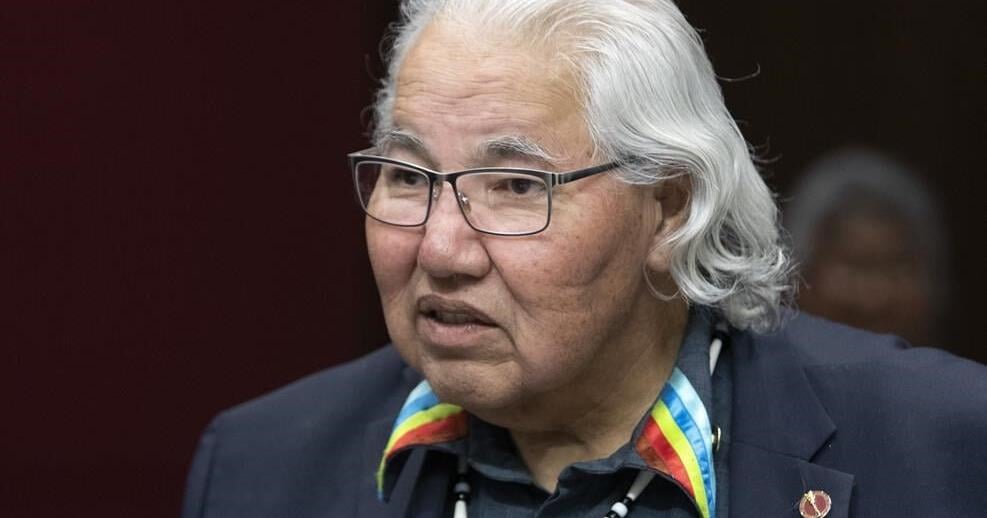HALIFAX — The RCMP struggled to inform families promptly about the loss of their loved ones in the aftermath of the 2020 Nova Scotia mass shooting, with a single officer handling most cases amid an “astronomical” flow of information.
A document about the notification of next of kin released Monday by a public inquiry says that pleas for information from more than 100 family members poured in on the afternoon of April 19, 2020 and through the night, after police killed the murderer at an Enfield, N.S., gas station.
Relatives and friends who had seen images of burned homes on social media desperately sought official confirmation about the 22 people killed by the gunman driving a replica police car.
Harry and Cory Bond, the sons of Peter and Joy Bond — a couple murdered in Portapique, N.S. the night of April 18 — started hearing from acquaintances the next morning about shootings near Cobequid Court, the road where their parents lived.
The summary from the inquiry into the mass shooting says it was about 18 hours after the killings started before an RCMP officer found the Bonds’ bodies inside their home at about 4:46 p.m. on April 19.
In the hours after the killer’s death, a team of RCMP major crime officers took over command, and Const. Wayne (Skipper) Bent “was assigned the task of family liaison” for civilian deaths, including telling next of kin if police “believed” a family member had been killed. In some cases, victims had been burned beyond recognition.
Cpl. Angela McKay, a leader of the major crime team, said she and Bent had a discussion on the afternoon of April 19 where “the goal was to reach one person from each family … before we left for the night.”
However, the Bond brothers told the inquiry they repeatedly called the RCMP without response. They said they didn’t get confirmation that two bodies had been located in their parents’ home until the morning of April 20, as they drove to Portapique to attempt to find out what had happened.
“Harry and Cory continued contacting the RCMP overnight on Sunday and into Monday morning …. They did not receive any information about their parents,” the summary says.
A similar scenario played out for the son of John Zahl and Joanne Thomas, who were also murdered the night of April 18 in Portapique.
Justin Zahl saw images on Facebook showing his parents’ home burned to the ground. The summary says he placed call after call to 911 seeking information. On one occasion, an operator explained to him that police were “extremely tied up because it’s an active situation.”
At 4:51 p.m. on April 19, a call-taker emailed the major crime unit, indicating that Zahl was “quite upset that no one had called him back yet.” At 8:12 a.m. on April 20, Zahl attempted to reach officers at the scene in Portapique but was told nobody could help. The summary says Bent contacted Zahl at 12:50 p.m. on April 20 to inform him police believed his parents had died.
Cpl. Gerry Rose-Berthiaume, the primary investigator with the major crime team, told the inquiry “the amount of information flowing at that time was astronomical,” as the investigators processed 17 crime scenes. He also noted the priority went to crime scenes in more “open” areas, such as the highway interchange in Shubenacadie where RCMP Const. Heidi Stevenson was killed.
Stevenson was fatally shot by the gunman around 11 a.m. after he crashed his replica police cruiser into her patrol car. The commanding officer of the Nova Scotia RCMP, Assistant Commissioner Lee Bergerman,was notified of Stevenson’s death 10 minutes later.
At 1:20 p.m. Bergerman and two other RCMP officers went to Stevenson’s home, where they notified her husband. The Stevenson family later provided a statement to the commission, saying the RCMP’s support was “immediate and ongoing.”
The process was slower for the family of Debert-area resident Kristen Beaton, who was pregnant with her second child. She was working as a member of the Victorian Order of Nurses on the morning of April 19, when she was shot while stopped by the side of the road to exchange text messages with her husband, Nick, and some of her colleagues.
A concerned Nick Beaton called his wife’s brother, Richard Rood, who drove to the crime scene at around 11 a.m. Rood provided two RCMP officers with information about Kristen Beaton and her vehicle, but the officers said they could not tell him anything.
Beaton called every hospital in the area, the RCMP in Truro and his wife’s employer, but to no avail. He even sent some friends to approach the crime scene from an off-road location.
At 2:28 p.m., the RCMP called Nick Beaton to seek identifying information about his wife, including the make of car she was driving and its licence plate. An officer at the scene used that information to identify her at 4:25 p.m. Two officers arrived at Nick Beaton’s home at 6 p.m.
“Nick asked about the delay in notifying them about her death,” the document says. “(The constable) responded that the size of the tragedy caused certain steps to be delayed.”
This report by The Canadian Press was first published June 20, 2022.
Michael Tutton and Michael MacDonald, The Canadian Press
Related

